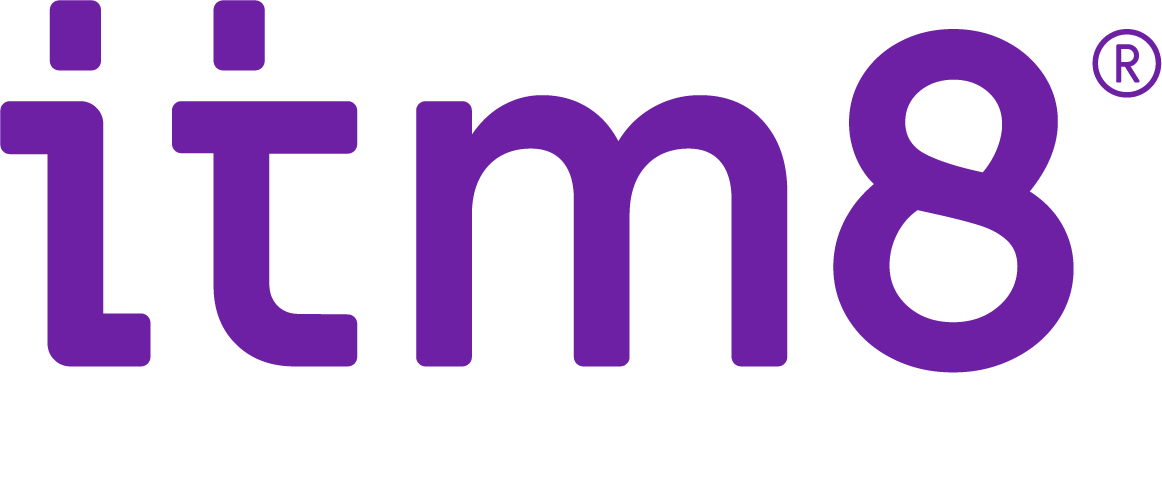Sitter du fast i inboxade on-premlösningar? Hybrid-IT är nyckeln till säkerhet
lästid I minuter: 2
FXA 2020-feb-27 11:38:00
En egen server i källaren är kanske inte bara en trygghet för IT-avdelningen utan också en förutsättning för verksamheten. Det finns många företag som har ett IT-bagage från tiden före molnet som helt enkelt inte kan migrera i en handvändning, till exempel för att de är beroende av ett gammalt affärssystem eller någon annan legacy-applikation. Hybrid-IT är lösningen som knyter ihop molnet med serverbaserade legacy-system. Kent Ekensteen är seniorkonsult på Itm8 och har sett allt för många IT-ansvariga som krampaktigt håller fast i gamla system och därigenom missar fördelarna med att gå mot en hybrid IT-miljö.
Hybridresan har flera triggers
Att flytta ut sin IT i molnet är inget företag gör för att det är roligt. Flytten drivs istället av ett antal incitament. Ett väldigt vanligt incitament är att hårdvaran i den egna serverhallen är föråldrad. Serviceavtal och garantier har slutat gälla och det är dags att nyinvestera. En annan vanlig trigger är att program och plattformar blivit föråldrade och behöver uppgraderas.
- Efter den 14 januari 2020 kommer Microsoft inte längre att supporta Windows Server 2008 och SQL-server 2008. Att det inte släpps fler funktions- eller säkerhetsuppdateringar gör att plattformarna blir känsliga för angrepp såväl som försämrad funktionalitet. Det tillsammans med gamla datorer kommer aktualisera flytten till molnet för många företag, berättar Kent.
Farthinder och skymda kurvor
Kents erfarenhet är att det dyker upp orosmoln kring hybrid-IT hos de flesta kunder han träffar. Först och främst är det stabiliteten och hastigheten som oroar. Med servrar i molnet släpper IT kontrollen över hårdvaran och infrastrukturen, vilket kan vara jobbigt. Nästa magknip som brukar dyka upp i diskussionen är om företagets data är säker i molnet.
Att bygga en on-premlösning med samma prestanda och datasäkerhet som en av de större molnleverantörerna, med sina globala resurser, är minst sagt en utmaning för en lokal IT-avdelning. Inte minst med tanke på budget.
- En vanlig fråga är ”hur driftsäkert är molnet?”. IT är oroliga vad som händer om molnet går ner men glömmer bort att deras eget serverrum allt som oftast är mer känsligt för till exempel ett strömavbrott. Datan är inte automatiskt säkrare och mer tillgängligt on-prem än i molnet, snarare tvärt om.
Datasäkerheten höjs i en hybridlösning
Det är ingen motsägelse att data är mer säker i molnet. Men att molnleverantörer visar upp certifikat övertygar inte alltid. Certifikaten är ändå bevis på ett aktivt arbete med säkerhet och tillförlitlighet. Utmaningen att skydda data mot hackers är lika viktig och omfattande för en server i källaren som i molnet.
- Idag har ingen en mejlserver on-prem. För tio år sedan var det en het diskussion men idag är det inte längre en fråga. I princip alla har en molnbaserad mejlserver och litar på att den inte blir hackad. Jag tror att om två–tre år kommer samma inställning omfatta data, resonerar Kent.
Den fysiska säkerheten i molnet
I motsats till vad många tror är molnet inte helt frikopplat från den fysiska världen. Molnet bor i datahallar runt om i världen och är, precis som ditt datacenter, i riskzonen för strömavbrott, brand och översvämning. Men hur ser din strömförsörjning och ditt brandskydd ut? Speglar du all din datakapacitet till en annan byggnad i en annan stad eller region? Vilken redundans har du byggt in i din on-premlösning?
Du köper inte en enkel biljett till hybrid-resan
Kents absolut hetaste tips till dig som ser över ditt företags IT-miljö är att helt enkelt prova på molnet och hybrid-IT i en testmiljö för att uppleva fördelarna. I en hybrid miljö behöver du inte beräkna kapacitetsbehov om sex eller tolv månader. Resurser kan köpas ”på kran” och enkelt ökas och minskas efter behöv.
- När det kommer till hybridlösningar finns det inte något färdigt facit. Fungerar din applikation bäst i molnet eller på en fysisk server? Det är bara att prova. Om det inte fungerar är det bara att backa tillbaka. Kanske är den optimala lösningarna att ha plattformen on-prem och data i molnet. Att bygga hybrid IT gör att gamla affärskritiska system kan dra nytta av molnet och den säkerhet det erbjuder, avslutar Kent.


